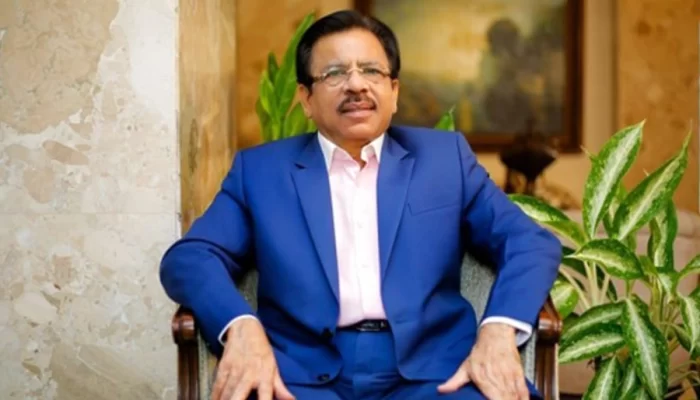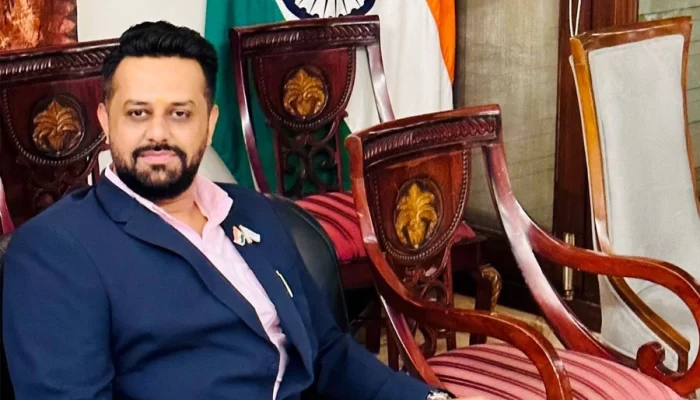
Zomato founder, Deepinder Goyal became an overnight star of India’s fledgling startup scene after his stock rose 66% on its debut.
According to the Bloomberg Billionaires Index, Goyal holds a 4.7% stake in Zomato, which ranks him worth $650 million. Additionally, he owns more than 368 million options, which vest over the next six years, and if exercised would more than double his stake in the company, which now has a market capitalization of $13.3 billion.
This is far behind Mukesh Ambani’s fortune — around $80 billion — and those of hundreds of other Indian industrialists, but the country has a limited number of rich startup entrepreneurs. Among those who have surpassed the $1 billion mark are Byju Raveendran of online education provider Byju’s, Vijay Shekhar Sharma of digital payments pioneer Paytm, and Sachin Bansal and Binny Bansal of online retailer Flipkart.
Not only is the IPO a triumph for Goyal, the son of two teachers who founded his company in 2008, but also for scores of Indian startup entrepreneurs aspiring to influence and wealth. India had a record $6.3 billion in funding and deals for tech startups in the second quarter, demonstrating entrepreneurship ambitions in the world’s second-most populous nation.
“Today is a big day for us,” Goyal said in a blog posting on Friday. “But we couldn’t have gotten here without the incredible efforts of India’s entire internet ecosystem.”
One of India’s first internet unicorns, Zomato, is also a potential investment opportunity for the country’s retail investors. IPO sparked a rarely seen frenzy among them, with some bragging on Twitter about snagging allotments and joking that they would delete rival Swiggy’s app.
The idea for Goyal’s online business was born during his time studying math and computer science at the Indian Institute of Technology, during a particularly frustrating pizza order process. When he graduated and joined Bain & Co., he saw colleagues in the company cafeteria skimming the limited menu and talking longingly about food at nearby restaurants.
Goyal and colleague Pankaj Chaddah began uploading menus of neighborhood cafes and restaurants onto the company intranet along with phone numbers. They christened it foodiebay.com, a weekend venture they ran with coworkers. After his wife got a job at Delhi University as a teacher, Goyal quit to pursue entrepreneurship full-time.
In the early days of the service, the founders raised $1 million from an entrepreneur-turned-investor and a pioneer in the world of the internet, Sanjeev Bikhchandani. The name of the company was changed to Zomato, and global investors such as Sequoia Capital, Tiger Global Management, and Jack Ma’s Ant Group Co. also joined as backers.
Since its founding in Gurgaon on the outskirts of Delhi, Zomato has expanded globally, offering table bookings, home delivery and restaurant and nightlife guides in more than 100 cities in 19 countries, including Turkey, Brazil, New Zealand and Indonesia. While investor sentiment for loss-making food startups was waning, Goyal cut jobs and geographical locations to rationalize spending and nudged the startup towards profitability.
“I don’t know whether we will succeed or fail — we will surely, like always, give it our best,” Goyal said in the posting. “But I hope that the fact that we are here, inspires millions of Indians to dream bigger than we ever have, and build something way more incredible than what we can dream of.”









